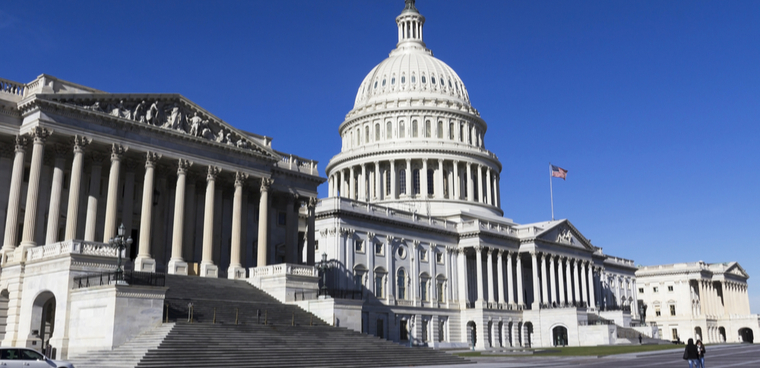House Dems seek consistency for feds in COVID-19 workforce policies

Childcare cost subsidies, weather and safety leave, telework allowances are among priorities for Democrats in planned CARES-2 legislative package.

Democratic leaders on the House Oversight and Government Reform Committee want to ensure that federal employees are able to access resources such as health care, childcare and paid protections if they're unable to work from home during the coronavirus pandemic.
In a letter to congressional leaders of both parties, Oversight Committee Chairwoman Rep. Carolyn Maloney (D-N.Y.) and Government Operations Subcommittee Chairman Rep. Gerry Connolly (D-Va.) listed priorities for federal employees.
"During the coronavirus pandemic, many civil servants and contractors find themselves at the forefront of combatting the virus," Maloney and Connolly wrote. "At the same time, they are struggling, like the rest of the world, to adjust to difficult new family and financial circumstances."
The federal employment-related provisions listed included guaranteeing up to $2,000 a month per child or dependent to subsidize care costs during the virus, codifying weather and safety leave policies, prohibiting agencies from restricting how often workers can telework, clarifying home duty station requirements for teleworking caretaker employees and allowing modifications to federal employees' health care plans, including extending eligibility to employees' dependents who may age out of their health care plans during the pandemic.
The priorities list was made after "consultation with various stakeholders and federal leaders," Maloney and Connolly wrote.
The proposal would allow federal employees to "opt into new health insurance plans or adjust their existing coverage when nationwide public health emergencies are declared." Insurance plans would also extend by a year how long dependents can stay on their parent's or caretaker's health insurance plan if they age out during the course of the pandemic.
The proposal also seeks clarifications on whether an employee's house can be considered an acceptable work-duty station even if there are children or dependents present in the home due to school or care closures.
The lawmakers also seek to guarantee weather and safety leave pay for employees who cannot work due to the coronavirus but are otherwise ineligible to telework, unless they serve in a position relating to national security.
Agencies would also be prohibited from issuing "blanket restrictions" on how frequently employees can telework. "Such restrictions make the federal government less prepared to use telework for continuity of operations," the lawmakers wrote. Telework agreements have been a major point of contention during collective bargaining sessions between federal labor unions and agencies since before the pandemic.
"These priorities do not exhaust the support that our federal civil service and its contractors need," Maloney and Connolly wrote. "But they will provide clarity, improve federal government operations, and help federal workers care for their families during this public health crisis."


